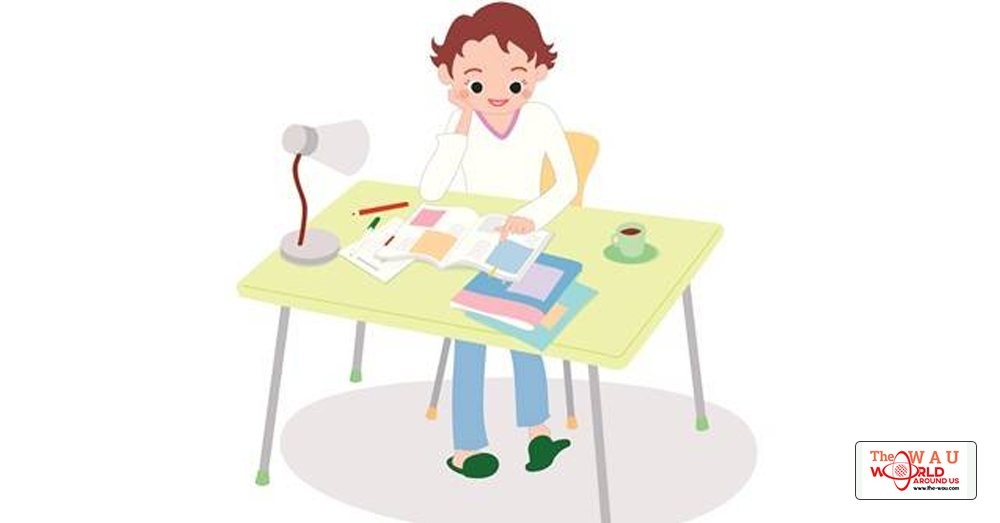We have written extensively on different techniques and tools that will help you learn better. However, all these tools, resources, techniques and the vast amount of time you spent studying will be less effective if you have poor metacognition skills, points out various studies.
Metacognition essentially is 'the knowledge of our knowledge'. Psychologist, John Flavell introduced the term 'metacognition' as a result of his research in the 1970's which focused on children's knowledge and control of their memory processes. Metacognition enables us to be successful learners and has been associated with intelligence. Metacognition can be explained as the awareness on when to stop studying, or move to next topic, or simply how long it will take one to master a concept.
According to Jennifer A. Livingston , an educational psychologist at The State University of New York, " metacognition refers to higher order thinking which involves active control over the cognitive processes engaged in learning. Activities such as planning how to approach a given learning task, monitoring comprehension, and evaluating progress toward the completion of a task are metacognitive in nature".
For example, you may be aware that your study session will be more productive if you work in the quiet library rather than at home where there are many distractions. Another example of, you may be aware that it will take more time for you to read and comprehend a science text than it would for you to read and comprehend a novel.
"Making accurate and reliable metacognitive judgments enables the learner to allocate study time to the topics that need further studying instead of wasting time on topics that have been mastered or stopping studying prematurely", writes Carolina Kuepper-Tetzel in Learning Scientist . However, research has shown that students are generally quite poor in judging what they know and don't know, here are three ways to improve your metacognition
1. Comprehend text properly
Carolina Kuepper-Tetzel on her piece in Learning Scientist highlights a 2003 experiment conducted by M. C Anderson and K.W Thiede . Participants were asked to read text passages and write a summary. The first group was asked to write it immediately after reading or after a delay, while a control group was asked to write no summary at all. They found that the metacognitive judgments of the participants were more accurate when they had written the summary after a delay compared to participants who wrote immediately. It was concluded that re-engaging with the text after a delay urges students to focus more on the gist of the text which fosters conceptual understanding, writes Kuepper-Tetzel.
2. Retrieve text details from memory
A 2005 study published in the Journal of Memory and Language found that that retrieving information from memory can significantly boost your metacognitive accuracy. The participants of the study were divided into two groups. The first group was required to attempt to retrieve the answer to specific questions before making a prediction on how well they would be able to answer that specific question on a later test. On the other hand, the second group was not explicitly asked to practice retrieval before giving the judgment, points Kuepper-Tetzel. The study concluded that simply asking participants to retrieve details from memory alone created a significant improvement in their metacognitive abilities.
3. Use the 15-minute thinking hack
A recent Stanford study points to a 15-minute thinking hack that will lead to an average improvement of one-third of a letter grade for the participants. According to the lead author Patricia Chen, if students were made more self-reflective about how they approach their studies and the available resources, they could do better, reports Big Think . In the study, a 15-minute online survey was sent to the first group of students about an upcoming test. This survey was designed to make these students think about what they expected will be on the exam, what grade they might get, what resources would be best used for preparation and how they would use them. On the other hand, the second control group received a regular reminder of the upcoming exam.
The researchers found that the students in the first group received significantly higher grades compared to their peers in the second control group. Chen and group concluded that this 15-minute strategic thinking had additional psychological benefits, helping students improve their metacognition.
The strategy of metacognition thinking can be applied outside education, as you can use it to achieve goals or learning any new skill.
Share This Post















